Social Communication Curriculums for Speech Therapy
Step-by-Step Plans to Help Children and Teens Build Real Connections
Our social communication curriculums provide a clear, structured pathway for teaching social skills in a logical progression — from foundational interaction skills to complex communication and relationship-building.
Each plan is designed to help children and teens make real-world improvements in everyday conversations, social interactions, and their ability to connect meaningfully with others.
You’ll have everything you need to teach social communication with clarity, confidence, and purpose.
✅ Structured. Evidence-based. Real-world results.

Who’s it For?
Who Can Use It?
Choose your Curriculum:
You Don’t Have to Do This Alone.
Every child’s communication journey is unique — but you don’t have to reinvent the wheel for each one.
Our Speech Sound Curriculums are just the beginning. Inside the SLK Curriculum, you’ll find comprehensive therapy plans for every major area of communication:
- Language (vocabulary, grammar, comprehension, etc.)
- Speech sound pronunciation
- Social communication and pragmatic skills
- Fluency and stuttering
- Voice and resonance
- Functional Communication
Each curriculum walks you through the therapy process step-by-step — from first session to mastery — so you can spend less time planning and more time helping children and teens succeed.

Because when you have a clear plan, children make faster progress.
And when children start communicating clearly and confidently… everything changes.
Podcast: Play in new window | Download | Embed
Subscribe: Apple Podcasts | RSS

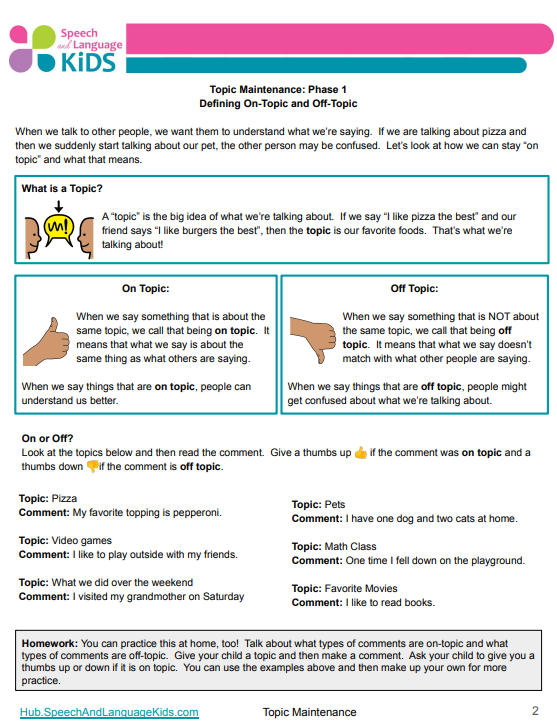
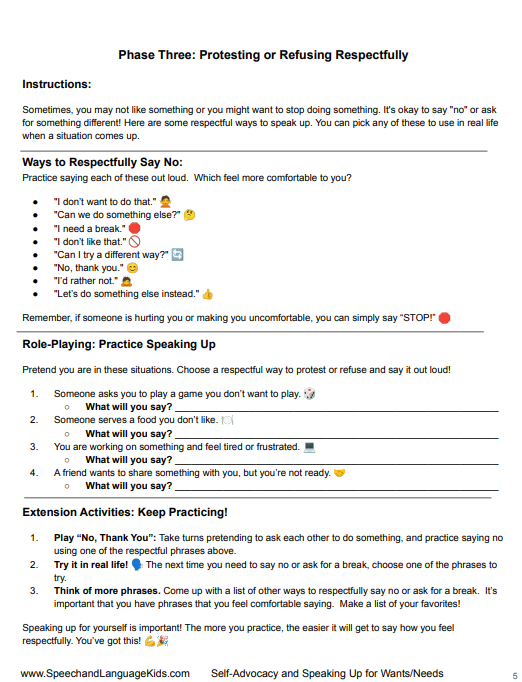
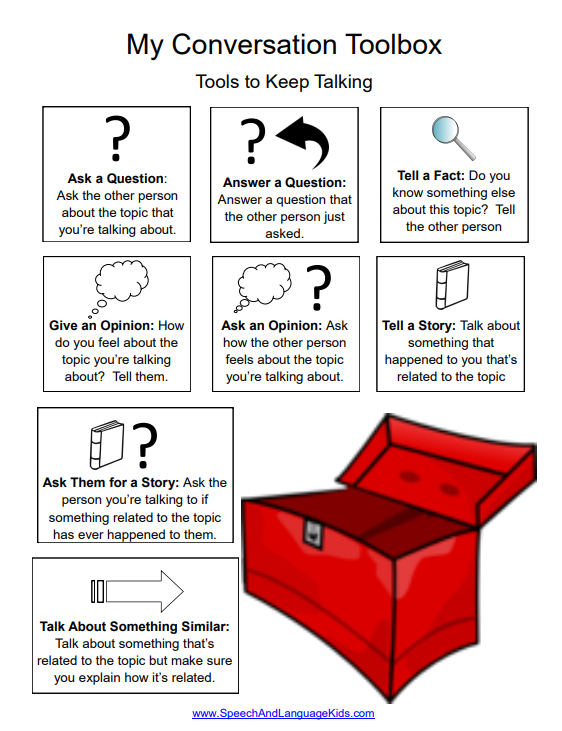
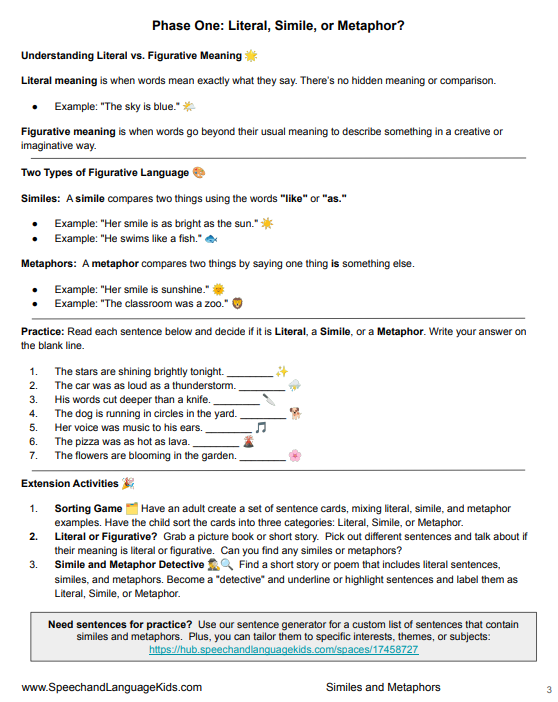
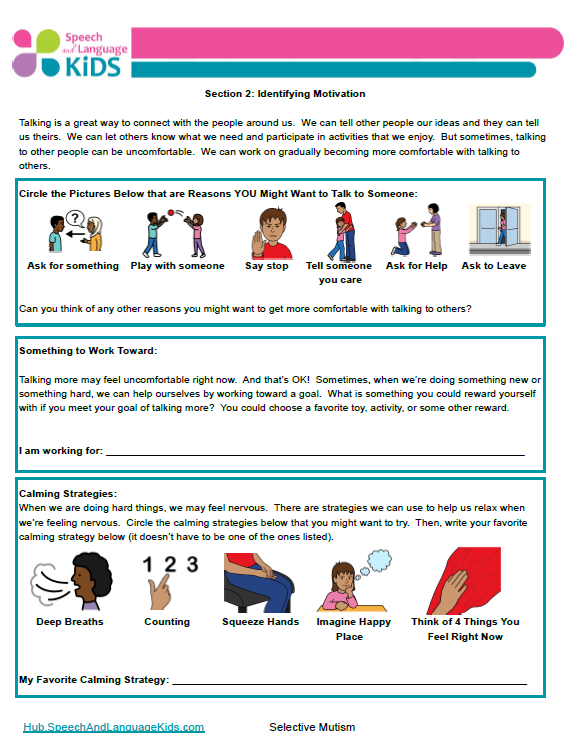


Leave A Comment